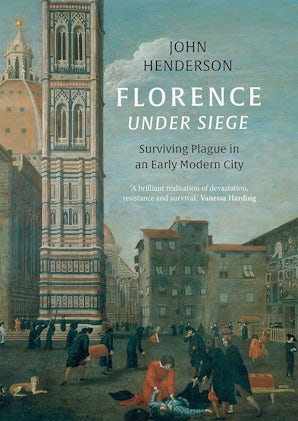Disir
Platinum Member
- Sep 30, 2011
- 28,003
- 9,607
- 910
The plague ravaged large cities and provincial towns in northern and central Italy from 1629 to 1631, killing more than 45,000 people in Venice alone and wiping out more than half the population of cities like Parma and Verona. But strikingly, some communities were spared.
In fact, the northern Italian town of Ferrara managed to prevent even a single death from the plague after the year 1576—even as neighboring communities were devastated. How did they do it? Critical in the city's success, records suggest, were border controls, sanitary laws and personal hygiene.
Starting with the catastrophic arrival of the Black Death in 1347, Italian cities gradually began to take proactive public health measures to isolate the sick, quarantine possible carriers and restrict travel from affected regions, says John Henderson, a professor of Italian Renaissance history at Birbeck, University of London, and author of Florence Under Siege: Surviving Plague in an Early Modern City.

 www.history.com
www.history.com
That is an interesting read.
In fact, the northern Italian town of Ferrara managed to prevent even a single death from the plague after the year 1576—even as neighboring communities were devastated. How did they do it? Critical in the city's success, records suggest, were border controls, sanitary laws and personal hygiene.
Starting with the catastrophic arrival of the Black Death in 1347, Italian cities gradually began to take proactive public health measures to isolate the sick, quarantine possible carriers and restrict travel from affected regions, says John Henderson, a professor of Italian Renaissance history at Birbeck, University of London, and author of Florence Under Siege: Surviving Plague in an Early Modern City.

How One 17th-Century Italian City Fended Off the Plague | HISTORY
The town of Ferrara managed to avoid even a single death from the widespread contagion. How did they do it?
That is an interesting read.

